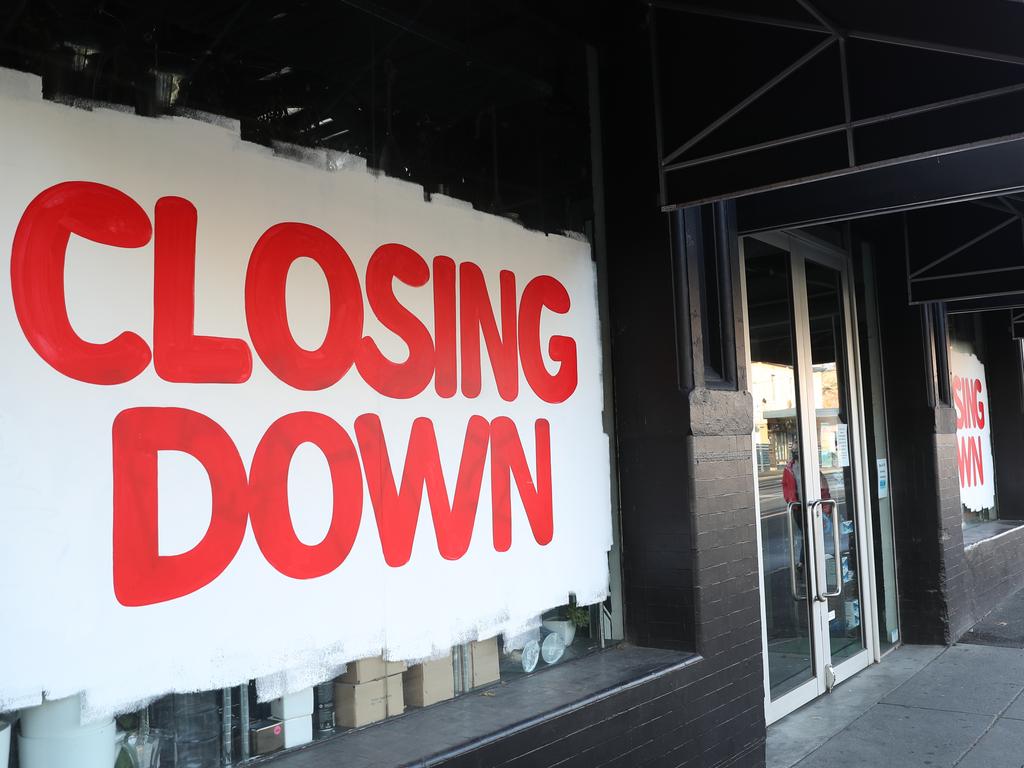Insurer Chubb resists Star Casino claim against COVID-19 losses
The insurer of Sydney’s Star Casino has hit back at claims for losses due to government COVID-19 restrictions.

The insurer of Sydney’s Star Casino has hit back at claims for losses due to government COVID-19 restrictions, saying covering non-physical losses caused by COVID-19 is akin to covering the impacts of a “distant war”.
Last month, the casino operator lodged a statement of claim against its insurer, Chubb, saying it should be able to claim against economic losses caused by COVID-19 restrictions introduced by governments under its business interruption insurance policy.
Star is making a claim under the Civil Authority Extension of its policy, which it claims does not require it to establish physical loss connected to “loss resulting from or caused by a lawfully constituted authority in connection with or for the purpose of retarding any conflagration or other catastrophe”.
But in a statement of response, Chubb says COVID-19 could not be considered an “other catastrophe” due to the term’s placement next to “conflagration”, which carries a usual meaning of “a large and destructive fire that destroys a great deal of land or property”.
Chubb asserts that this gives meaning to the subsequent use of “other catastrophe”, namely that it refers to “sudden” man-made or natural disasters that “cause widespread physical destruction or damage to property”.
“Whatever else this may exclude, it must certainly exclude a global pandemic, which is neither sudden nor does it cause widespread physical destruction or damage to property,” the company said in its response.
“Otherwise, the word ‘catastrophe’ would inappropriately extend to figurative meanings such as economic disasters resulting from blockades imposed as a result of distant wars.”
Although the CAE does cover the effects of diseases, Chubb says the Star cannot claim under this as the infectious disease clause defined infections deemed a “quarantinable disease” under the Biosecurity Act 2015.
However, the Biosecurity Act does not use the term “quarantinable disease”; instead it uses the term “listed human disease”, a term from the predecessor the Quarantine Act which is now defunct.
Chubb said the Director of Human Biosecurity placed the coronavirus in the listed human disease category in January, meaning it is exempt from covering the damage caused by it as “listed human disease” equates to “quarantinable disease”.
Chubb also says Star has wrongfully construed the term “loss” in the CAE to include economic loss “which does not result from physical loss, destruction or damage to insured property”.
They say that to interpret loss under the CAE to “mean anything other than physical loss, destruction or damage would require powerful textual and contextual considerations which demand otherwise”.
Chubb said that since Star could not satisfy these definitions of loss and damage, it could not claim against the policy.
“No question of indemnity being available under the insuring clause arises,” Chubb said.
Star’s coinsurers AIG, XL Insurance Company, Zurich Australian Insurance, Allianz Australia Insurance and Swiss Re international have been named as additional parties to the case.
The case will return to court for a management hearing pre-trial in mid-November.
A separate test case on how insurers cover the impacts of COVID is set to be decided in the NSW Supreme Court on Friday.
This action will clarify whether the term quarantinable disease is equivalent to listed human disease.





